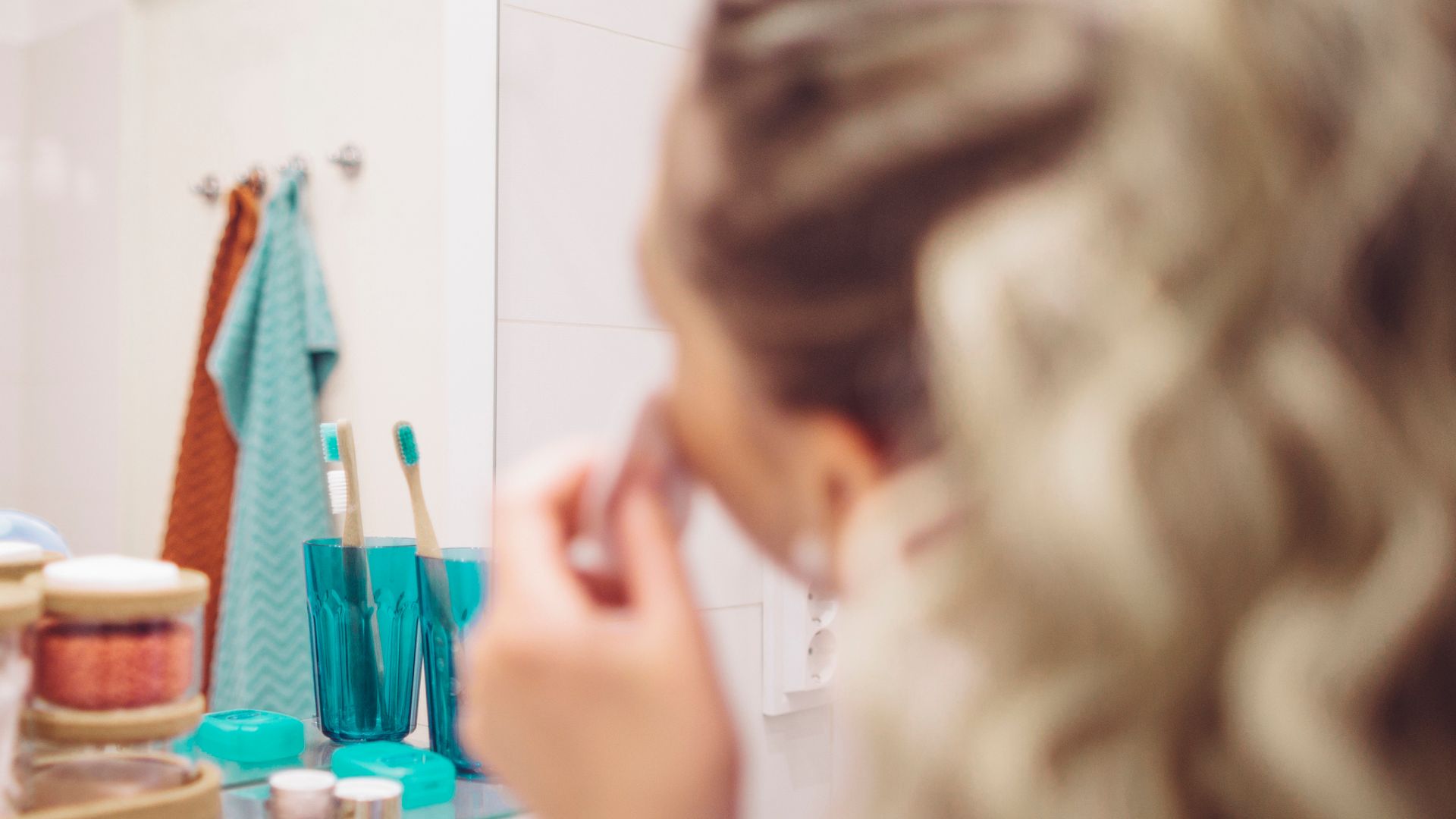
If you or someone you know is struggling with addiction, call 211 or visit 211maine.org.
CONCORD, N.H. — Drugmaker Johnson & Johnson has agreed to pay $40.5 million in a settlement with New Hampshire over its role in the opioid addiction crisis, days before the case was scheduled for trial, the state attorney general’s office said Thursday.
The state filed a lawsuit against Johnson & Johnson and a subsidiary in 2018, alleging that they aggressively marketed their opioids to prescribers and patients in New Hampshire and misrepresented that their opioids were safer than other alternatives.
The lawsuit also alleged that Johnson & Johnson made misleading statements about opioids; misrepresented that its opioids were rarely addictive when used for chronic pain; and targeted vulnerable populations, such as the elderly.
“This resolution provides a positive step forward in ensuring these devastating business practices are not repeated, and that resources are allocated to help stem the tide of the opioid crisis,” Gov. Chris Sununu said in a statement.
Johnson & Johnson and its subsidiary, Janssen Pharmaceuticals, Inc., denied the state’s claims, saying it truthfully marketed its prescription opioids, which accounted for a small share of the opioid medications prescribed in New Hampshire, complied with all applicable laws and regulations, did not cause the harm alleged by the state.
“This settlement is not an admission of liability or wrongdoing and marks continued progress in resolving opioid-related claims and litigation by states, cities, counties, and other subdivisions in the United States,” Johnson & Johnson said in a statement. “The Company will continue to defend against any litigation that the final agreement does not resolve.”
New Hampshire was one of a few states that did not join a national settlement with the company in February because its opioid crisis was “particularly severe” and because the state had already devoted “significant litigation resources” in preparation for trial, the attorney general office’s news release said.
The terms of the national settlement were also less favorable to the state, which would have amounted to about $26.5 million paid over nine years.
Under the settlement announced Thursday, Johnson & Johnson will make a single payment. The state will receive $31.5 million after payment of litigation costs and fees. All of the money goes to opioid abatement programs, including a dedicated state trust fund that would award grants to help deal with opioid use treatment and recovery. Some money also directly goes to counties, cities and towns that filed lawsuits.
New Hampshire did join in a settlement earlier this year with three pharmaceutical distributors accused of fueling the opioid epidemic — AmerisourceBergen, Cardinal Health and McKesson. New Hampshire’s share was approximately $115 million, to be paid over 18 years.
Opioids — including both prescription drugs and illegal ones like heroin and illicitly produced fentanyl — have been linked to more than 500,000 deaths in the U.S. since 2000, and the number of cases reached a record high in 2020.
New Hampshire was one of the hardest hit states. In 2016, nearly 500 people died of overdoses — a nearly ten-fold increase since 2000, leading the deputy administrator of the U.S. Drug Enforcement Administration to call the state “ground zero” for the crisis.
The state spent millions in federal funds in 2019 to create a hub-and-spoke model called “The Doorway” in which hospitals and others work with local providers to ensure that help is less than an hour away anywhere in the state. That helped keep the state’s overdose death rate steady, but it remains higher than the national average.
“We’re not seeing any lessening of overdoses,” Deputy Attorney General James Boffetti said in a recent interview.
In addition to New Hampshire, Oklahoma, Washington and West Virginia did not join in the national settlement with Johnson & Johnson and have sought their own deals or taken legal action. West Virginia, which has long led the nation in drug overdose deaths per capita, agreed to a $99 million settlement in April.
In recent years, drugmakers, distributors and pharmacies have reached settlements of opioid claims with state, local and Native American tribal governments and other entities totaling more than $40 billion. Most of the money is required to be used to address the addiction crisis.
By Kathy Mccormack, Associated Press









